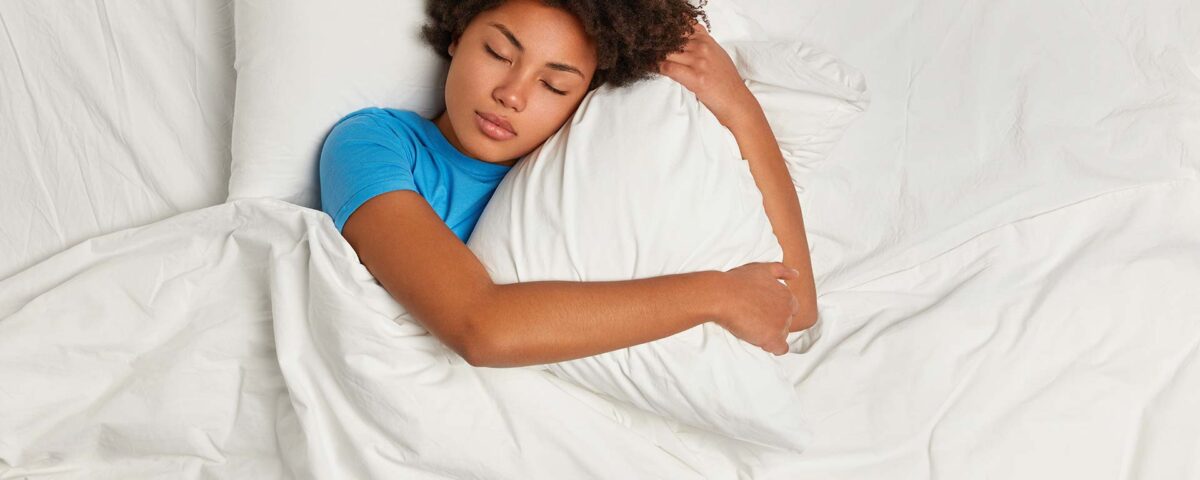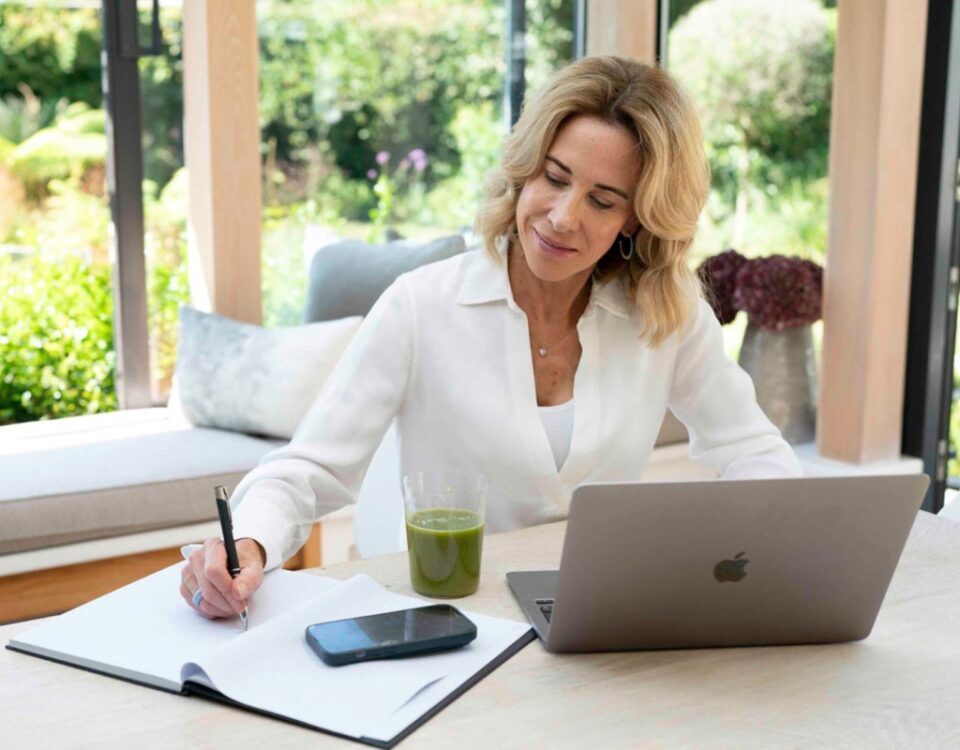
Aim to get exposure to day light within an hour of waking
Your body’s internal clock, known as your circadian rhythm, affects those hormones affect our metabolism, brain function and those hormones which tell your body when it is time to fall asleep (and to wake). Exposure to natural daylight helps keep your circadian rhythm on track. Going out in the garden (hatless so the light can stimulate the pineal gland) to have your breakfast/lemon and water or to go for a short walk will do the trick. This improves daytime energy, as well as night time sleep quality and duration.
Reduce blue light exposure at night
Exposure to light during the day is beneficial, but night-time light exposure has the opposite effect. This is due to its effect on your circadian rhythm. This can trick your brain into thinking it’s still daytime. This reduces the release of melatonin which help you fall into a deep sleep. Putting away electronic devices at least an hour before bedtime is ideal.
Check the settings on your phone e.g Apple’s night shift feature or use the Iris and F. lux blue light filter apps.
You can wear glasses that block blue light a few hours before bed.
Follow a consistent sleep schedule
Varying your bedtime or morning wake-up time can make it difficult for your body to adjust to a stable circadian rhythm.
Get daily exercise
Activity during the day can support your internal clock and help make it easier to fall asleep at night. Exercising in the evening however can disrupt those circadian cues.
Reduce caffeine
Avoid caffeine after noon and stick to 2 per day Stimulants like caffeine can keep you awake and throw off the natural Everyone is different, as we process caffeine differently ( depending on the relative strength of the 2 different phase of liver detoxification).
Reduce naps
Keep naps short and early in the afternoon: Short power naps ( 20 minutes) are beneficial but late and long naps can push back your bedtime and throw your sleep schedule off-kilter.
Don’t eat late in the evening
Eating late at night may negatively affect both sleep quality and the natural release of melatonin. However if you tend to wake in the middle of the night and suspect this may be related to a drop in blood sugar, consider a tryptophan containing snack before bed. Tryptophan is an amino acid which is a precursor for melatonin and serotonin. Almond butter, oats, nuts and seeds, turkey, eggs, tofu are good sources of tryptophan. A good quick option is some almond butter on oatcakes.
Relax and clear your mind in the evening
Try to put in place a ‘wind-down’ strategy which may include an Epsom salts (magnesium sulphate) baths, some meditation, reading, some deep breathing, relaxing music. Find what works for you!
Eye masks and ear plugs!
Try using a really good quality eye mask combined with simple aeroplane style ear plugs to reduce any ambient noise and create a real ‘cocoon effect’. Top tip! Try the ultimate game changing eye mask drowsysleepco.
Try using sleep supporting supplements
Try one at a time or ‘layer’ up gradually and please check with me that there are no contra indications with any medication you may be taking.
- Magnesium. Involved in over 600 different reactions in the body, it relaxes the nervous system and helps in falling back to sleep if you wake. 200mg- 400mg of magnesium glycinate/citrate or use a blend containing one of these forms.
- L-theanine and lemon balm . L-theanine is an amino acid that helps to relieve anxiety and an overactive mind and lemon balm acts as a mild sedative. Take 200mg of l-theanine and 300mg of lemon balm 30-60 mins before bed.
- Valerian : valerian can help you fall asleep and improve sleep quality. Take c.250-300mg before bed (Twenty First Century Herbs do a nice combination with wild lettuce called ‘Sleepyhead Complex’





